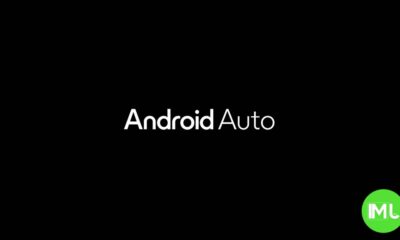Google boosts cloud security and health tech with $32 billion deal and new AI tools

Google’s parent company, Alphabet, just made its biggest purchase ever by snapping up Wiz, a New York cybersecurity company, for $32 billion. Wiz will join Google Cloud to strengthen its defenses. This comes after a failed attempt last year to buy Wiz for $23 billion.
Wiz, started in Israel, helps big names like Microsoft and Amazon keep their cloud systems safe. It was worth $12 billion in May 2024, jumping to $16 billion later that year when it offered shares to employees. The company had been gearing up for its first public stock sale before this deal. If approved, this purchase will top Google’s $12.5 billion buy of Motorola Mobility in 2012.
Wiz’s CEO, Assaf Rappaport, said in a blog, “Joining Google Cloud will speed up our work and help us create new solutions faster than we could alone.” Last year’s deal didn’t happen because Wiz’s team feared it might break competition rules, according to the Financial Times. This time, Alphabet and Wiz hope U.S. regulators, including the new Federal Trade Commission head Andrew Ferguson, will go easy. Still, Ferguson plans to keep a close eye on big tech, including an ongoing check on Microsoft.
To ease concerns, Google promises Wiz’s tools will still work on rival clouds like Amazon, Microsoft, and Oracle. Rappaport stressed, “Wiz must stay available to all cloud users.” Google Cloud will also sell other security options alongside Wiz’s offerings.
At a health event in New York, Google shared plans for new “open” AI tools called TxGemma to help discover drugs. Set to launch this month via Google’s Health AI program, these tools can read the regular text and understand chemicals and proteins. Google’s health chief, Karen DeSalvo, said, “Making new drugs takes time and money, so we’re teaming up with researchers to speed things up. TxGemma can answer questions to guess how safe or effective new treatments might be.”
Google also rolled out health upgrades for Search and Android, like better answers for health questions and new ways to manage medical records. These moves show Google’s push to grow in healthcare and secure its cloud services.
Android
Android 15 grows slowly, while Google brings new AI tools to search and creators
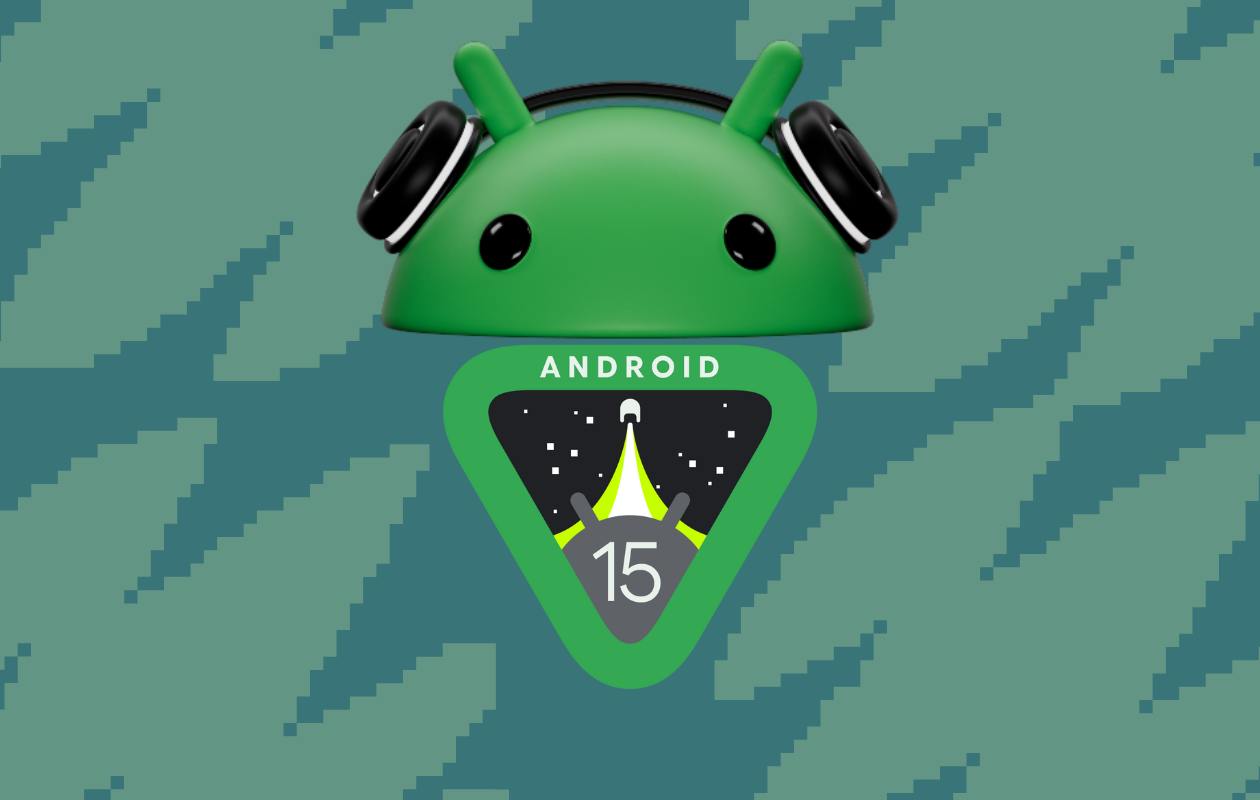
Google has shared the latest Android version usage numbers, showing that Android 15 is still in the early stages of adoption. As of April 2025, only 0.1% of Android devices are using Android 15. This version is currently in its beta phase, mostly available on Pixel and select partner phones. Android 14 leads the way with a 35.2% share, followed by Android 13 at 17.3% and Android 12 at 15.4%. Android 11 still holds 12.4%, showing how long older versions stick around.
Meanwhile, Google is also making changes in its AI efforts. The Gemini AI “prompt bar,” first seen in the Chrome browser, is now being tested in Google Search. This new feature lets users type or click suggestions to ask questions directly using Gemini, making search more interactive. It’s rolling out to more people gradually.
In addition to that, Google introduced Veo, a powerful video generation tool for creators. Veo can make high-quality videos from simple text prompts, using advanced AI to understand scenes, emotions, and cinematic styles. Google is currently letting select creators try Veo through a waitlist.
Together, these updates show how Google is improving both its Android platform and AI services. While Android 15 adoption is just beginning, features like the Gemini prompt bar and Veo highlight the company’s growing focus on AI to enhance user experiences across devices and tools.
Alphabet’s earnings rise in Q1 2025 with help from ads and AI growth
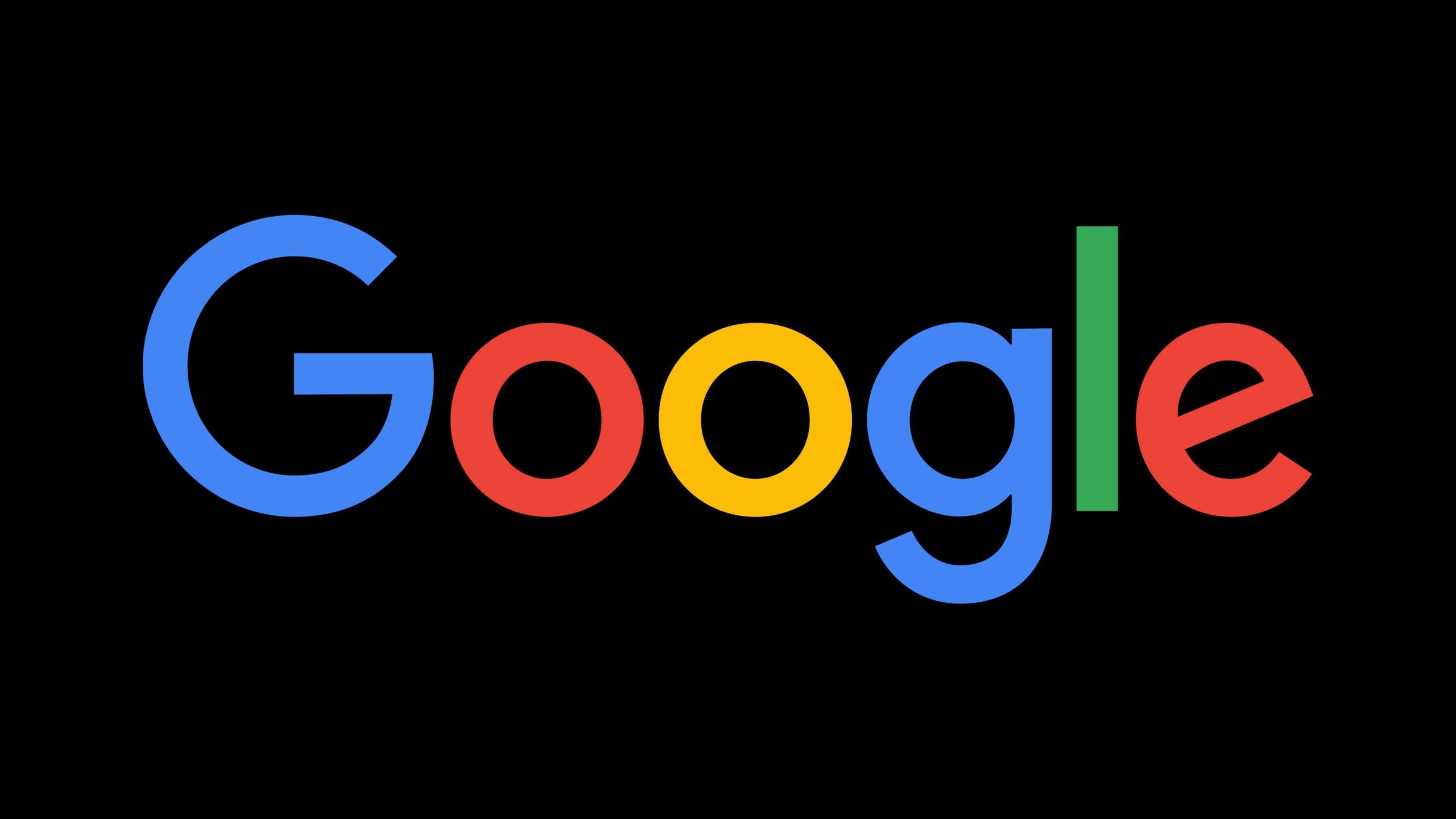
Alphabet, the parent company of Google, shared its financial results for the first quarter of 2025, showing strong growth thanks to advertising and its AI efforts.
From January to March 2025, Alphabet earned $80.5 billion in revenue, which is up 15% compared to the same period last year. Net profit reached $23.7 billion, a big jump from $15 billion in Q1 2024.
Google’s advertising business played a major role in this success. YouTube ads brought in $8.1 billion, growing 21% year over year. Meanwhile, Google Search made $46.2 billion, showing steady demand.
Google Cloud also performed well, making $9.6 billion, a 28% increase from last year. Profits for the Cloud division came in at $900 million, compared to $191 million in the same quarter last year.
Alphabet also announced a major stock buyback plan worth $70 billion. This move usually helps increase shareholder value by reducing the number of shares on the market.
CEO Sundar Pichai highlighted the company’s focus on AI, especially tools like Gemini, which are now used in Google products and services. He said AI is a key part of Google’s future and will continue to shape its products.
Overall, Alphabet started 2025 strong, with solid earnings across ads, cloud, and AI — proving its business is still growing in the right direction.
Google Photos gets new quick edit tool, while Google Maps shows off new design on Android

Google is rolling out two helpful updates for its popular apps — Google Photos and Google Maps — aiming to make things faster and easier for Android users.
First, Google Photos is introducing a new “Quick Edit” feature that lets you quickly tweak your photos without fully opening the edit menu. A small pencil icon now appears at the bottom of each photo. Tapping it brings up suggested edits powered by AI, letting you apply improvements with just one tap. This tool is especially handy for small fixes like lighting or color adjustments. While it’s starting to roll out, not everyone will see it immediately. Some changes might still open the full editor depending on the photo.
At the same time, Google Maps is testing a fresh look for its place sheets — the bottom panel that shows up when you tap on a location. The new design includes more rounded corners, a cleaner layout, and easier access to options like directions, saving, or sharing a place. This redesigned panel also keeps the location’s name, rating, and category in clearer view. It feels more modern and easier to navigate.
Both updates are gradually rolling out, so it might take a little time before they reach all Android users. These changes show Google’s ongoing efforts to make its apps more user-friendly and visually appealing.
-
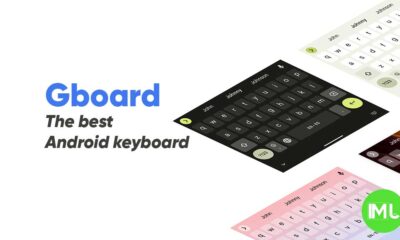
 Apps1 year ago
Apps1 year agoGboard Proofread feature will support selected text
-
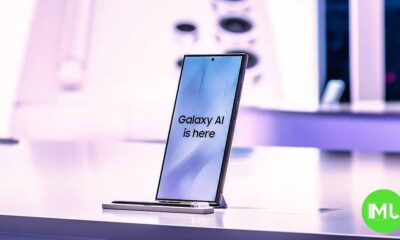
 News1 year ago
News1 year agoSamsung USA crafting One UI 6.1.1
-

 News1 year ago
News1 year agoBreaking: Samsung Galaxy S22 may get Galaxy AI features
-
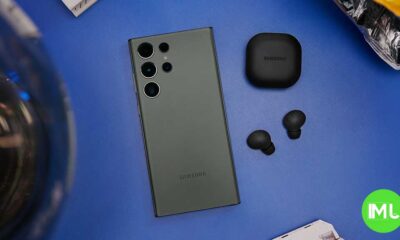
 News1 year ago
News1 year agoSamsung Galaxy S23 Ultra with One UI 6.1 and all S24 AI features revealed
-

 News1 year ago
News1 year agoOne UI 6.1 Auracast (Bluetooth LE Audio) feature coming to many Samsung phones
-

 News1 year ago
News1 year agoSatellite SOS feature coming to Google Pixel phones, evidence leaked
-
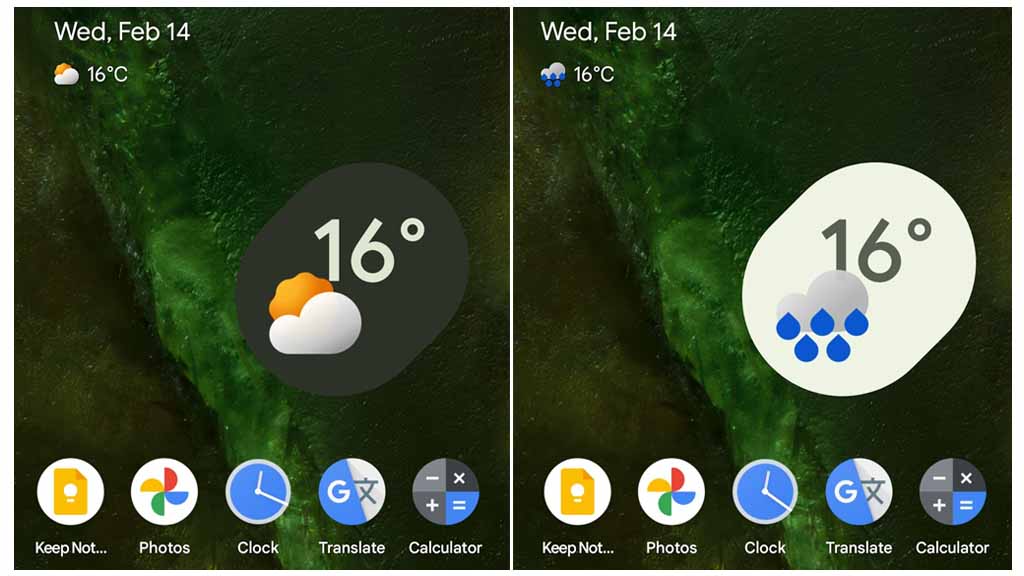
 Apps11 months ago
Apps11 months agoGoogle’s fancy new Weather app is finally available for more Android phones
-
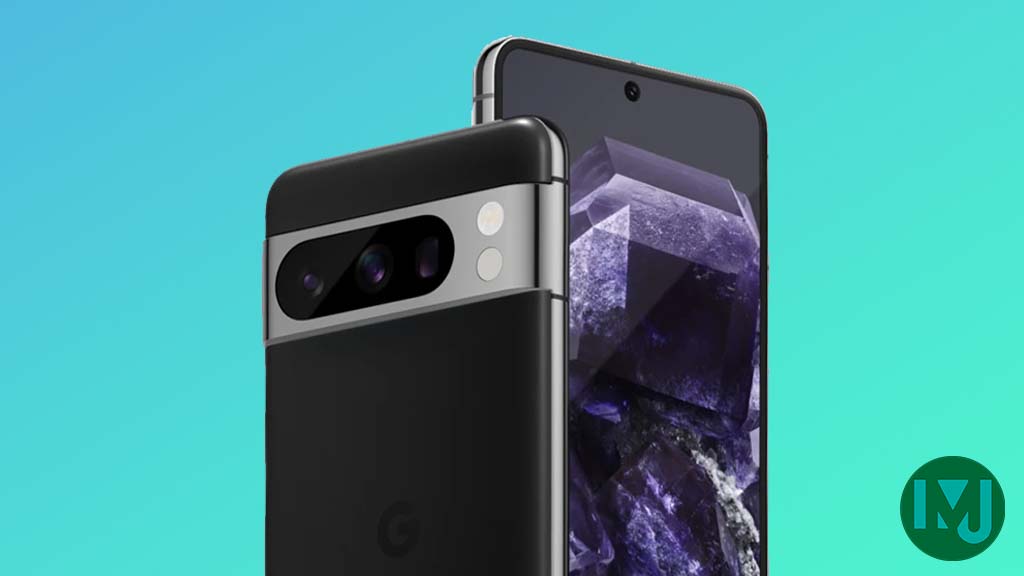
 News1 year ago
News1 year agoGoogle Pixel evolves as Europe’s third best selling flagship







